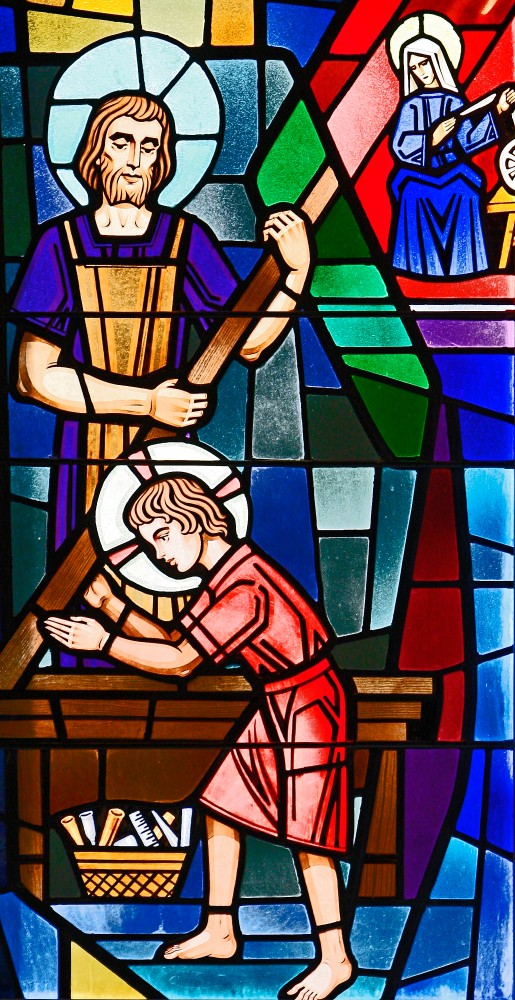
WASHINGTON — Although the feast of St. Joseph is celebrated March 19, the earthly father of Jesus gets another day on May 1, the feast of St. Joseph the Worker.
This feast day was established by Pope Pius XII in 1955 to coincide with the May 1 International Workers’ Day, dedicated to labor and workers’ rights. By adding St. Joseph to the day, the pope aimed to also emphasize the Christian idea of labor and give workers a spiritual model.
Devotion to St. Joseph as a worker goes back to the Middle Ages, when Catholic theologians and writers began to emphasize his humility and hard work in the carpentry trade.
Near the end of the Industrial Revolution, the Catholic Church began promoting a devotion to St. Joseph the Worker. Pope Pius IX declared St. Joseph the patron of the universal Church in 1870 and Pope Leo XII made the connection between St. Joseph and the dignity of work in his 1891 encyclical “Rerum novarum,” which challenged injustices laborers were facing at the time, such as unjust wages and degrading working conditions.
Other popes have similarly written about St. Joseph and his profession.
Pope St. John Paul II, in his 1989 apostolic exhortation, “Redemptoris custos,” said St. Joseph at the workbench “plied his trade together with Jesus” which “brought human work closer to the mystery of the Redemption.”
And Pope Francis, in his 2020 encyclical “Patris Corde,” announcing the Year of St. Joseph, similarly highlighted the saint’s work, describing him as “a carpenter who earned an honest living to provide for his family. From him, Jesus learned the value, the dignity, and the joy of what it means to eat bread that is the fruit of one’s own labor.”
The pope also stressed the significance of St. Joseph’s work example for people today.
“In our own day, when employment has once more become a burning social issue, and unemployment at times reaches record levels even in nations that for decades have enjoyed a certain degree of prosperity, there is a renewed need to appreciate the importance of dignified work, of which St. Joseph is an exemplary patron,” he wrote.
The Missionary Oblates of Mary Immaculate sponsor a St. Joseph the Worker Shrine in Lowell, Massachusetts.
On the website’s description of the feast of St. Joseph the Worker it points out that the Church has always proudly emphasized that Jesus was a carpenter, “obviously trained by Joseph in both the satisfactions and the drudgery of that vocation.”
It also notes that “humanity is like God not only in thinking and loving, but also in creating. Whether we make a table or a cathedral, we are called to bear fruit with our hands and mind, ultimately for the building up of the Body of Christ.”
